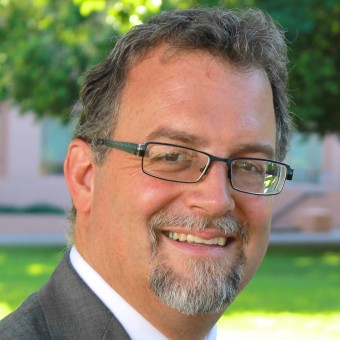Energy, Ethics, Society and Policy Initiative
Program Areas – Science and Technology Policy, Complex Socio-technical Systems, Archived
Began: 2008
Ended: Ongoing
Clark A. Miller, EESPI director, CSPO associate director, associate professor in ASU’s School of Politics and Global Studies
Energy, Ethics, Society and Policy Initiative (EESPI) is an interdisciplinary research community at Arizona State University – and a network of scholars around the planet – with the goal to analyze the social implications of energy system transformations.
Like all technological systems, energy systems are not just systems of machinery. They are global in reach and intimately interwoven in people’s lives, livelihoods and lifestyles. Energy systems are enormous generators of wealth and, at the same time, massive cycles of boom and bust in local economies. They connect individuals at sites of production, conversion, distribution and consumption in a web of intricate social, economic and political relationships. Energy policy must therefore account not only for the technology and economics of energy systems but their social relationships and forms of justice and injustice. Only by so doing might it be possible to achieve energy system transformation that provides the best outcomes for human wellbeing and welfare, as well as technical and economic efficiency.
At EESPI, our emphasis is on the social dynamics of energy system transformation and on appropriate policy development to ensure that processes of energy system transformation contribute to the solution of wider and deeper forms of societal injustice within which energy systems have long held a central position. Our objective is to establish a strong program of research and policy engagement that seeks to understand and analyze the social dynamics of past, present and future energy systems, and to develop and design reflexive mechanisms of governance by which humanistic and social science research can inform the process of energy system transformation to create enhanced societal outcomes around the globe.
For more information, visit EESPI online.
Meet the Project Team
Principal Investigators
